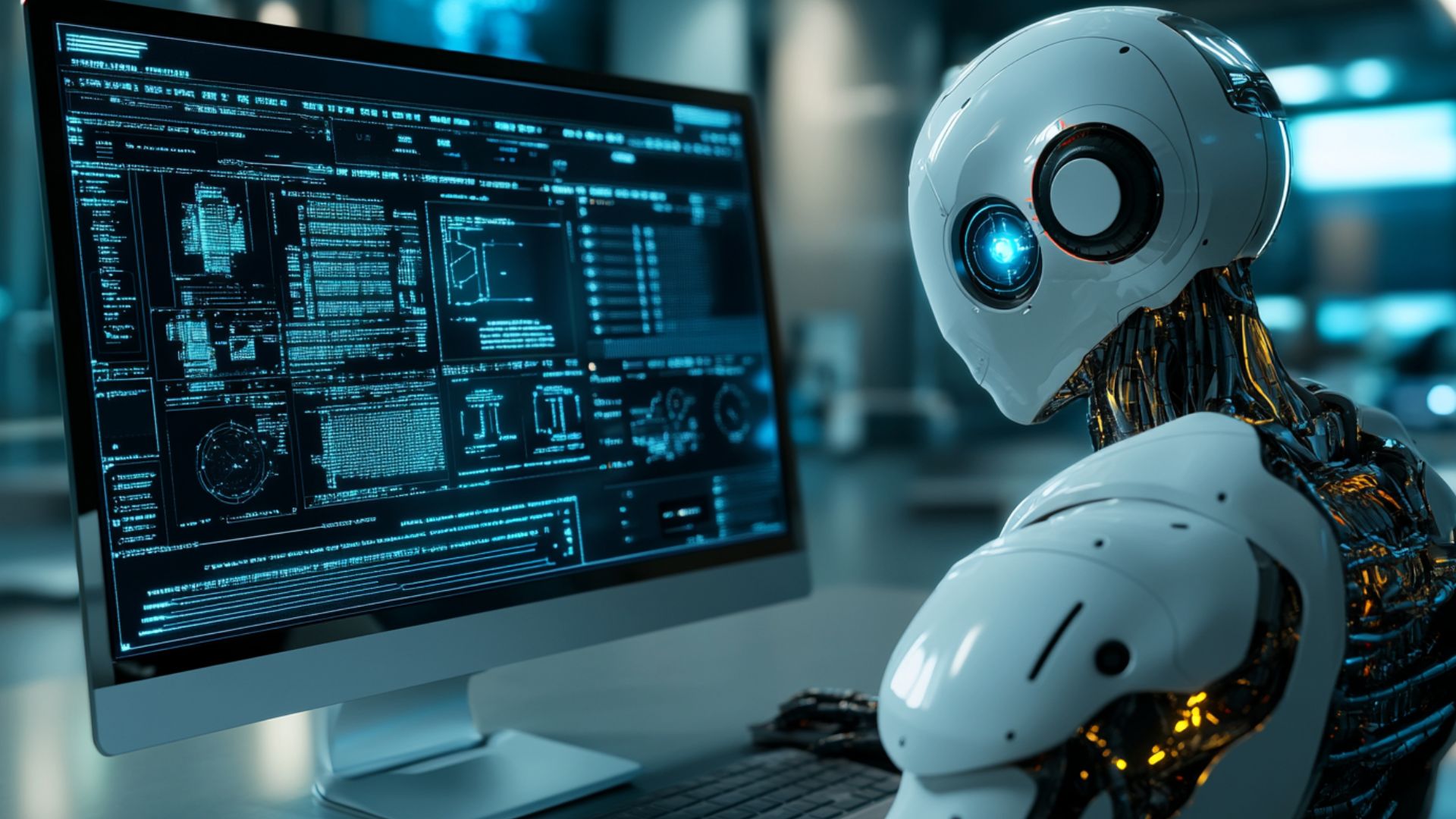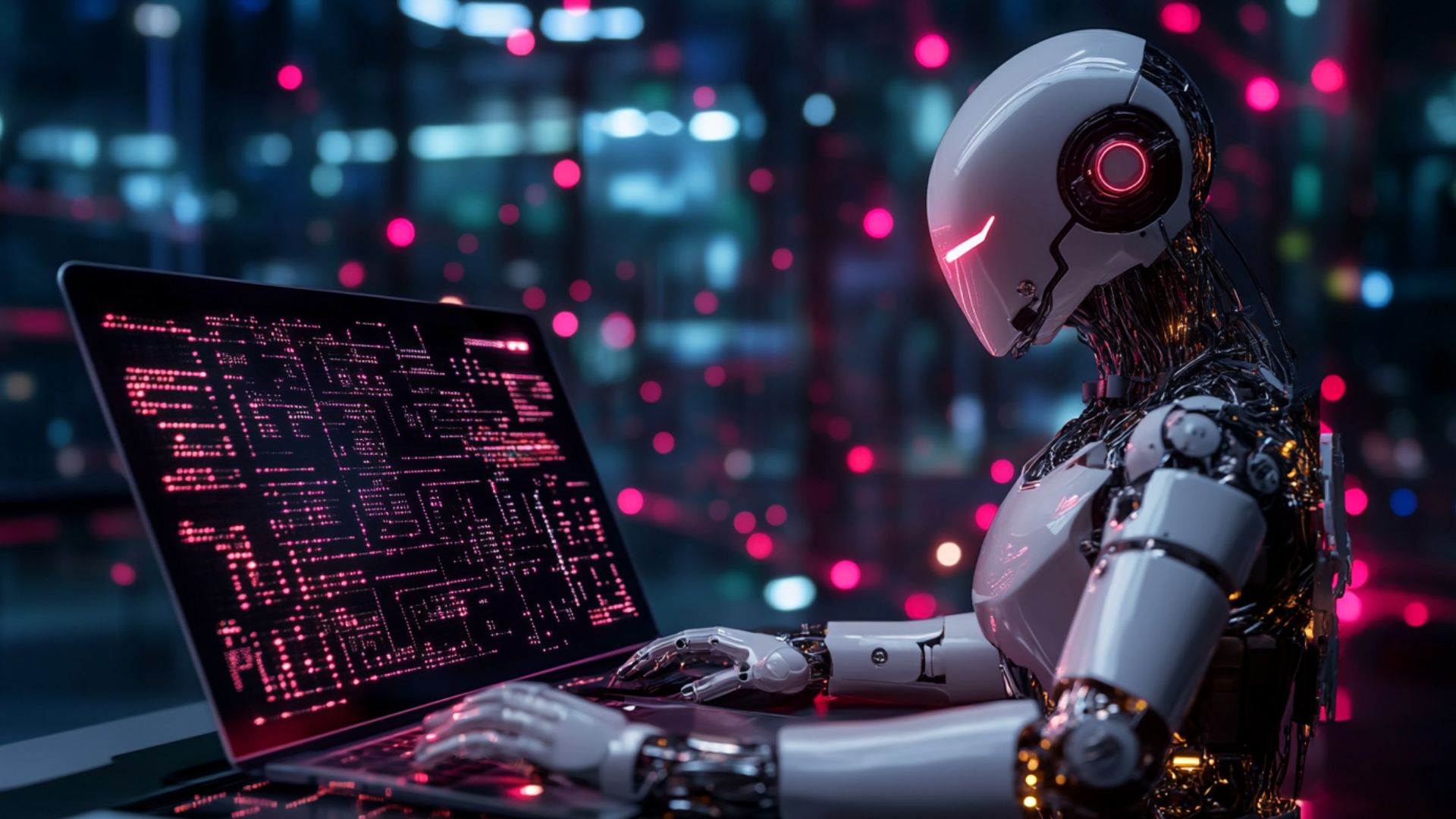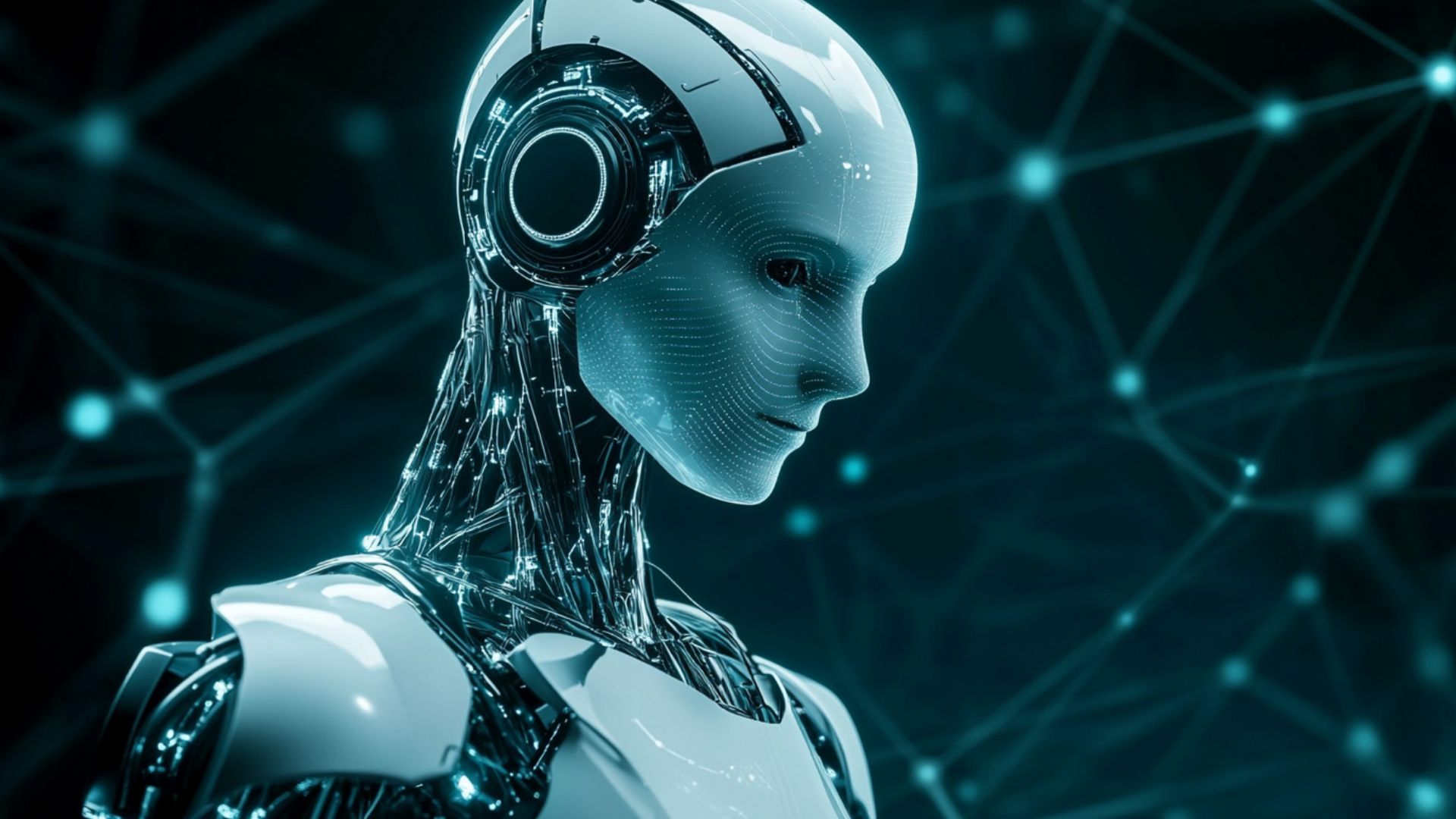Transforming Industries with Smart Automation Technology and Digital Workforce

The modern world is evolving so fast that sometimes, we can't keep up with new technologies. However, business owners must constantly monitor new technologies. And this is absolutely no surprise. Today's technology allows us to cut costs while intelligently improving uptime. And, in 2024, our world has reached intelligent automation. Owners are utilizing smart manufacturing and automation for various areas of operation. These two things improve efficiency and reduce errors. So, it is a necessity in today's industrial evolution.
Along with smart automation, there is a digital workforce. Logically speaking, these are certain robots that are based on artificial intelligence. Their most significant advantage is that they reduce the risk of human error. But, they also remove routine work so a real person can focus on more creative endeavors.
Artificial intelligence, automation, and the digital workforce are transforming industries. They're not just tools but the extreme cornerstone of innovation and progress. So, if you want to be one step ahead, Use this synergy smartly.
The Advent of Smart Automation in Marketing
Smart marketing automation is revolutionizing the industry. They simplify tasks, increase efficiency, and improve targeting. With these tools, marketers can reach audiences with personalized messages at scale.
Digital staffing solutions are also transforming marketing strategies. AI-powered systems solve repetitive tasks. It could be analyzing data and optimizing campaigns. It frees up marketers to focus on creativity and strategy.
In addition, these technologies increase customer engagement. They provide personalized interactions across different channels. It leads to more meaningful connections. By using smart automation technology, marketers can optimize their efforts. It enables them to improve ROI and stay ahead in today's competitive landscape.
Enhancing Customer Experiences with Smart Marketing Automation
Smart manufacturing and automation engineering enhance the customer experience. And they can do this in a variety of ways. For example, personalized email campaigns based on customer behavior increase engagement. Then, they drive sales. These emails can include product recommendations or special offers tailored to individual preferences.
In addition, automated chatbots provide instant support and assistance to website visitors. They can answer common questions and guide customers through the buying process. They can even troubleshoot basic issues.
Digital workers play a vital role in personalizing marketing efforts. They analyze customer data, identifying patterns and preferences. It allows marketers to create targeted campaigns. These campaigns can address specific needs and interests. It leads to increased conversion and customer satisfaction.
Smart industrial automation combined with digital workers allows you to reach the heights. You can provide customers with seamless and personalized experiences. By effectively utilizing these technologies, companies can build stronger relationships. It will increase loyalty and ultimately increase revenue.
Revolutionizing the Industrial Sector with Smart Automation
Smart industrial technologies are transforming the industry. They optimize manufacturing processes, reduce costs, and increase efficiency. For example, robotic arms can perform repetitive tasks with precision and speed. It increases productivity on factory floors.
Digital workers play a key role in managing and optimizing smart business automation. They monitor equipment performance, analyze data, and identify areas for improvement. Using AI and ML algorithms, digital workers can predict maintenance needs. It prevents costly downtime.
Together, intelligent automation technologies and digital workers are revolutionizing the industrial sector. They are improving safety, reliability, and productivity. It ultimately contributes to the profitability of companies. Thanks to the continuous development of technology, the potential for innovation and automation is limitless.
Smart Automation Manufacturing: A New Era of Production
Intelligent automation technology is revolutionizing manufacturing. Robots equipped with sensors and AI optimize production lines. They assemble products with precision and speed. It reduces errors and increases overall efficiency.
Digital workforce solutions are further enhancing this transformation. AI-based systems monitor equipment performance in real-time. They predict maintenance needs and prevent costly downtime. They also analyze data to optimize production processes. It increases productivity and reduces waste.
In combination, smart business process automation opens up a new manufacturing era. Manufacturers can operate with greater flexibility, adaptability, and reliability. By harnessing the power of technology, they will be able to meet growing demand. It will reduce operating costs and remain competitive in the global market.
Smart Manufacturing and Automation Engineering: Bridging the Gap
Intelligent manufacturing, factory automation, and digital solutions can bridge the gap effortlessly. You can revolutionize the industry. Let's look closer:
- Engineering Automation develops and implements systems. They integrate smart manufacturing technologies that optimize processes to improve efficiency and productivity.
- Digital staffing solutions are often based on artificial intelligence and machine learning. They complement these efforts by providing real-time data analysis and decision support.
- Innovative engineering solutions are always created through intelligent automation and digital workers. They include predictive maintenance systems that utilize advanced algorithms.
Collaborative robots work alongside humans to improve safety and efficiency on the shop floor. In addition, advanced monitoring and control systems allow you to manage and optimize processes. It is how you reduce downtime and increase the productivity of smart automation manufacturing. Together, these synergistic technologies transform traditional manufacturing environments into highly adaptive enterprises. By capitalizing on their strengths, industrial companies can remain competitive.
Streamlining Business Operations with Smart Business Automation

Intelligent business automation is revolutionizing administrative and operational processes across industries. For example, it simplifies tasks such as data entry, invoicing, and payroll. It reduces manual errors and optimizes workflows. It increases the efficiency and productivity of smart marketing automation.
Digital workers play a crucial role in this transformation. They automate repetitive tasks and simplify complex workflows. They can handle routine customer inquiries, process orders, and even assist in decision-making. Employees can focus on more strategic initiatives by shifting these tasks to digital workers. It fosters innovation and growth.
Overall, intelligent business automation allows businesses to operate more efficiently. By implementing these technologies, organizations can streamline their operations. You can reduce costs and provide superior customer service.
Advancing Business Process Automation with Intelligent Solutions
Intelligent solutions are revolutionizing business process automation. They significantly improve operational efficiency in various areas. For example, automated invoice processing systems have made it possible to:
- Optimize financial processes,
- Reduce processing time,
- Minimize errors.
It has led to faster payment cycles and better business cash flow management. Digital workers play a critical role in the smooth execution of these processes. They can monitor incoming invoices and extract the necessary data. In addition, digital workers can automate smart automation technology.
Overall, smart automation enables organizations to operate more efficiently and effectively. Companies can allocate resources more strategically by automating repetitive tasks and optimizing workflows. It allows them to increase productivity and remain competitive.
The Future of Smart Automation Technology and Digital Workforce
We can expect smart automation manufacturing technology to become even more advanced. It will incorporate AI and ML algorithms to improve decision-making and adaptation. The digital workforce is likely to be even better. It will enable even more complex tasks, seamlessly collaborating with people in dynamic environments. However, industries may face challenges such as:
- Cybersecurity risks
- Challenges in moving jobs around
Securing sensitive data and defending against cyber threats will be critical. In addition, industries need to address staff training and retraining. It will mitigate the issue of job displacement. You can ensure a smooth transition to a more automated workforce.
Despite these challenges, there are numerous opportunities for smart business process automation industries. These technologies can drive innovation, increase productivity, and improve competitiveness. Embrace these trends and effectively deal with the associated challenges. That way, you can thrive in the rapidly changing landscape of smart automation and digitalization.
Navigating the Challenges of Implementing Smart Automation
Implementing smart manufacturing and automation can pose several challenges for businesses. One common obstacle is the initial investment required. These can be prohibitive for some organizations. In addition, integrating new technologies with existing systems can be complex and time-consuming. To overcome these challenges, companies can:
- You should start by conducting thorough research and analysis. It will allow them to understand their specific needs and goals.
- They should then develop a clear implementation plan. It's vital to prioritize the areas where automation can add the most value.
- Collaboration between IT and business units is crucial. It will ensure smooth integration and alignment with organizational goals.
- In addition, investing in employee training will help reduce resistance to implementation. It will help ensure the successful implementation of smart manufacturing and automation engineering.
By proactively addressing these challenges and utilizing best practices, industries can move towards smart automation effectively. You can unlock its full potential to improve efficiency and competitiveness.
The Role of AI in Enhancing Smart Automation and Digital Workforce
Artificial intelligence plays a key role in the development of smart industrial automation. AI algorithms enable machines to learn from data. They can make predictions and autonomously adapt to changing conditions. These capabilities increase the efficiency and effectiveness of automation processes across industries.
Innovations enabled by AI include predictive maintenance systems. They use machine learning to predict equipment failures. It reduces downtime and maintenance costs. AI-powered chatbots provide personalized customer support. They improve user experience and increase user satisfaction. In addition, AI-based data analytics enables companies to extract actionable insights. It facilitates decision-making and strategic initiatives.
Overall, AI-driven innovations in intelligent automation are profoundly impacting industries. They increase productivity, reduce operational costs, and enable more agile operations. As AI continues to evolve, its integration will open up new opportunities for innovation across industries.
Conclusion
In conclusion, implementing smart business automation is essential for businesses to thrive. To stay ahead of the curve, it's worth exploring the opportunities that Newo.ai offers. Our innovative platform harnesses the power of AI to optimize processes. It allows you to raise effectiveness and drive growth. Do you want to automate repetitive tasks, optimize workflows, or improve customer service? Then, Newo.ai offers customizable solutions to meet your needs. Don't miss the opportunity to utilize the latest advancements in technology. Join the revolution with Newo.ai today!
FAQ
Smart automation technology optimizes processes, reduces costs, and increases efficiency. It helps in predictive maintenance, personalized customer interactions, and streamlined operations. Ultimately, it improves productivity, competitiveness, and profitability for businesses.
Digital workers use AI to perform repetitive tasks, analyze data, and optimize workflows. They free up human resources to focus on creative endeavors. Digital workers play a critical role in improving efficiency and reducing errors.
Implementing IA can be fraught with initial costs and integration complexities. Companies can conduct thorough research and develop clear implementation plans to overcome these. It is also worth investing in employee training.


